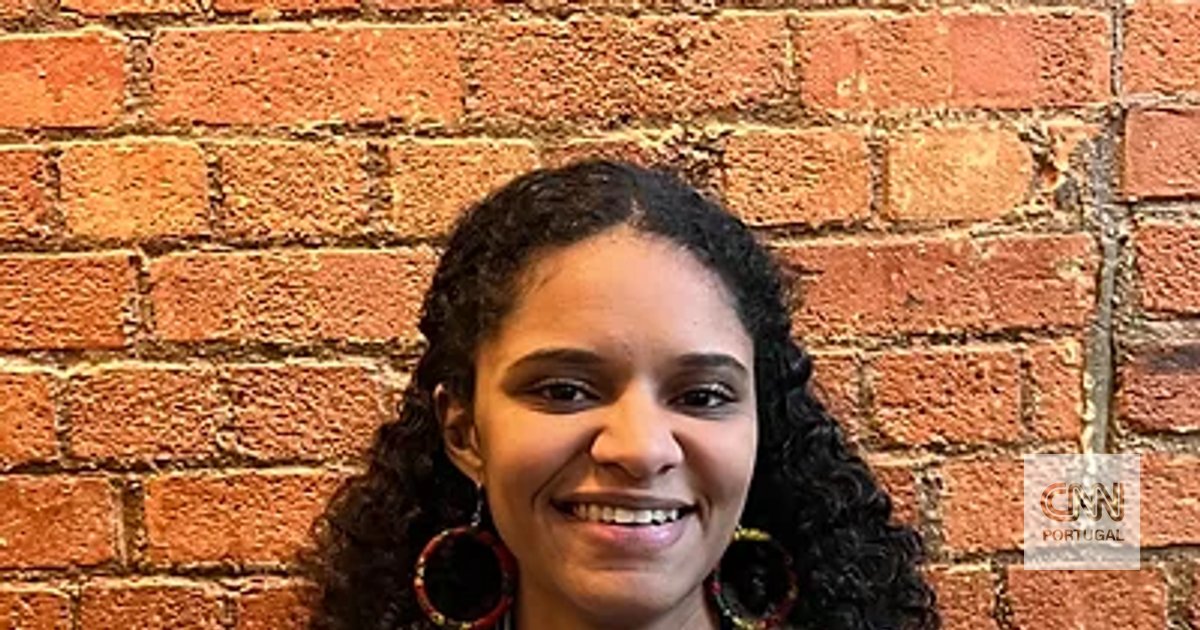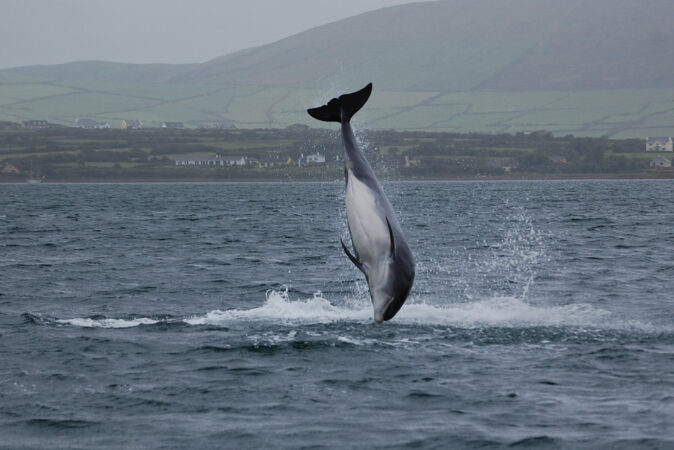Carolina Henriques, co-founder of London-based photography project Stories for Change, felt that post-Brexit immigrants in the UK are more connected to their European identity.
The Portuguese Carolina HenriquesCo-Founder of Photography Project “Stories for Change”In London, since Brexit, immigrants to the United Kingdom are thought to be more attached to their European identity.
This is one of the observations made during the joint Hungarian-German work Linda NagyAbout the journeys of European Union (EU) citizens living in the British capital.
The project began with a desire to “explore something on an identity level through photography,” Henriques told Lusa Institute.
Together with Nagy, he met through a program of the same name of the organization 3 millionIt launched a plea for volunteers to take photographs, representing Europeans in England.
The aim is to better understand the lived experiences of EU citizens living in London and to represent them through relevant objects, places and spaces, and seek to tell their stories through photographs that seek to understand the experiences.
“We divided the photos into travel, belonging and identity. “We want to show why people come to the UK to study or work.”Carolina Henriques, who works with the Red Cross to support migrants, explained.
Out of 33 volunteers, they selected six, focused on London for financial and logistical reasons, and after brief interviews, they photographed the objects and locations indicated.
Instead of portraits, the images show different elements like passports, books, food, country of origin or a favorite restaurant in London and landmarks of the city.
In some cases, nationality, gender or occupation are mentioned, but names and faces are omitted.
“We went where people told us to go when they were available. Some came with us or we suggested the place. The final product was ours, we took the photos and edited them,” he said. said the Portuguese woman.
From these interactions, Henriques and Nagy, migrants take on multiple identities, both country of origin and host country.
“After all, after Brexit, we’ve seen a greater connection to European citizenship. People cling to it a bit more because they have to go through more bureaucracy.”He recalled.
Carolina Henriques and Linda Nagy wanted to voice immigrants as human beings, countering the negative narratives promoted by some politicians and the media.
“Some participants, but not all, shared experiences of discrimination, and we saw this in participants with less specialized jobs, less English language skills, and more opportunities to be exploited,” Henriques said.
The project resulted in an exhibition with a text telling the story in their own words through a series of photographs and quotes shared by each of the six individuals.
The exhibition has already featured in the British Parliament and at various events related to relations between the United Kingdom and the European Union.
The Portuguese said they wanted to “continue the exhibition and take it to other places outside London”.

“Total creator. Devoted tv fanatic. Communicator. Evil pop culture buff. Social media advocate.”

